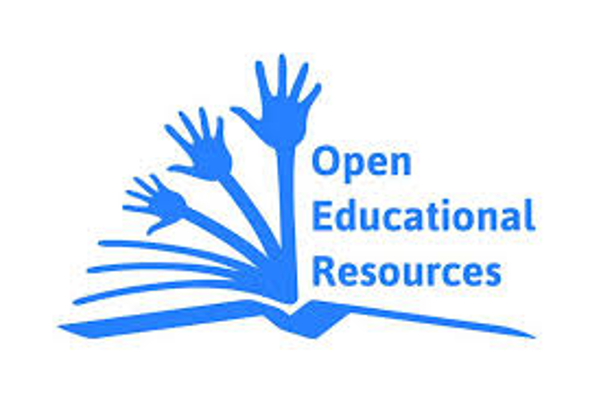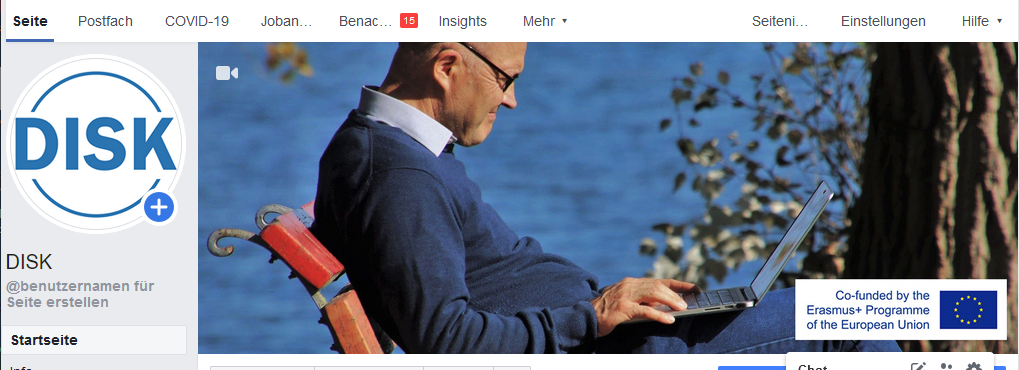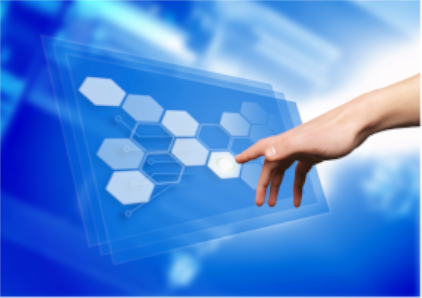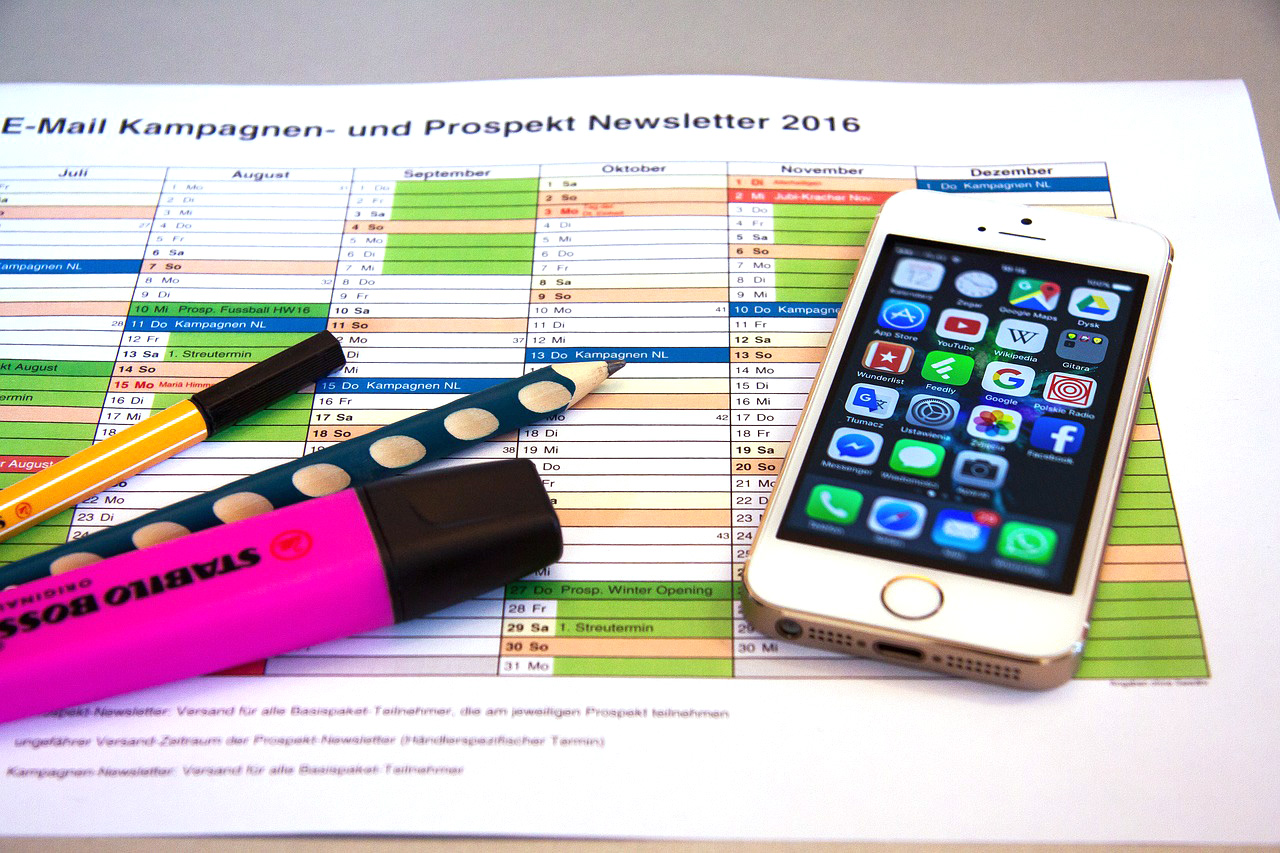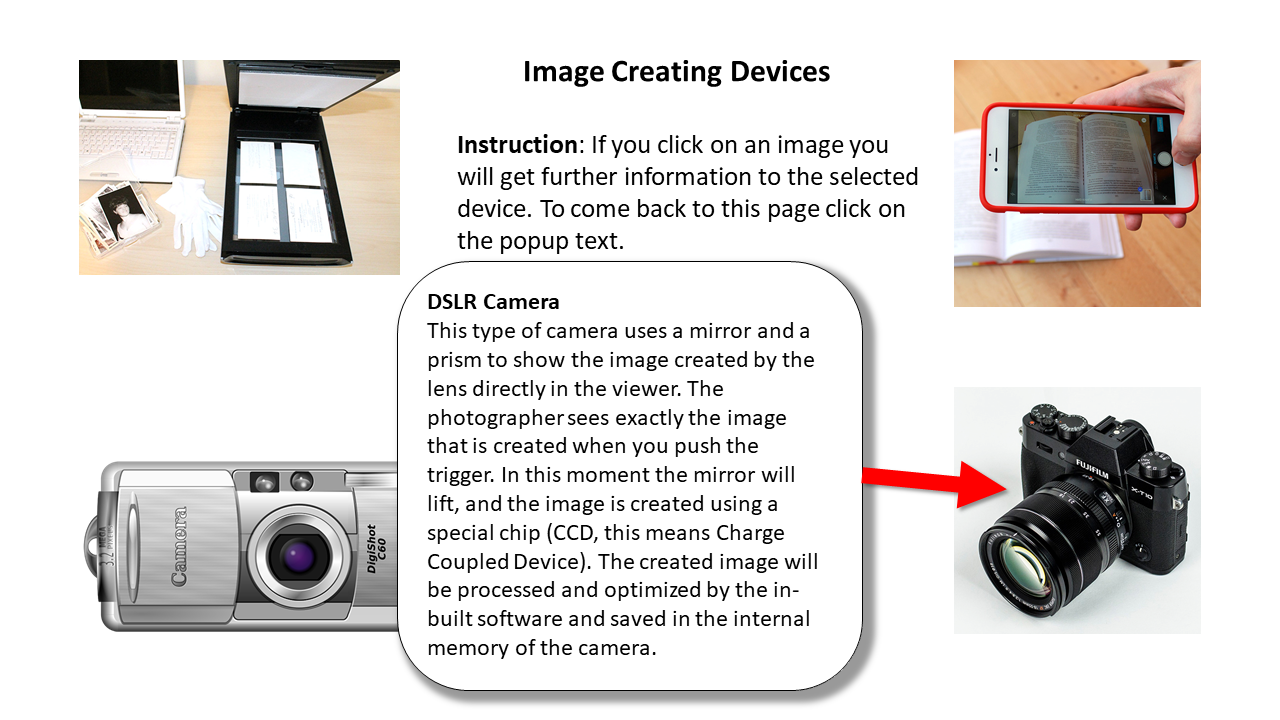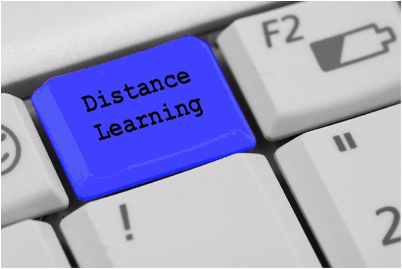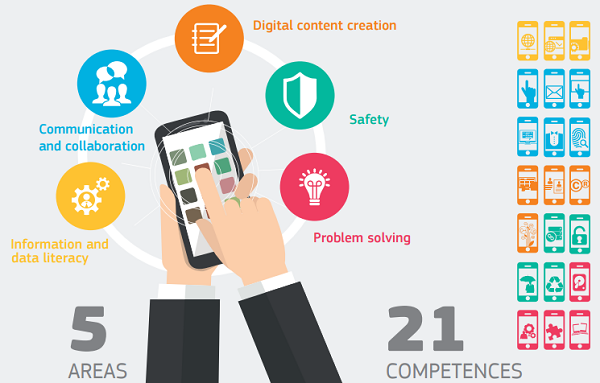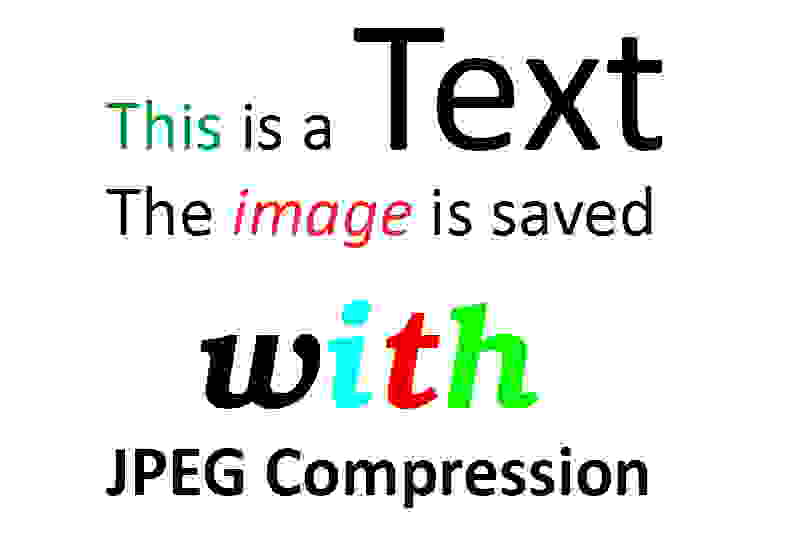
DISK-Course Modules
The DISK Project aims to develop modules for training courses to enhance digital competences. 15 different topics are on the list. This will be: Video production & use of video Images Techniques for image creating Images for documentation of specific situations (Create content, store, share data, use) Dealing with authorities and government (Know about governmental Read More …

